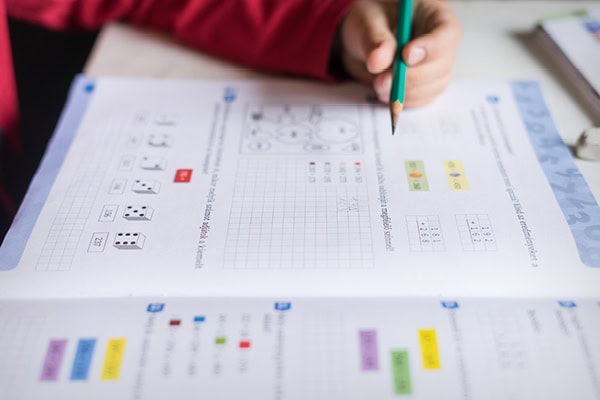“Educators know the value of students learning great works of poetry, but teaching poetry often lacks a key ingredient: orality,” writes Clay Greene, assistant professor of literature at the University of Austin, in an Education Next column.
“History shows that poems are best understood and taught as oral performances, using all the techniques of interpretation and communication of a great actor.
“Hearing poetry makes it the vital experience it is.
“Before a poem is a text, it is a performance, evidenced by its long connection with music. The distinction between poetry—something written down with an internal ordering rhythm of its own—and music that is accompanied by lyrics is narrow and scholastic. A wider historical view shows that the most exquisitely ‘poetic’ compositions were perhaps put to music.
“Like music, poetry provides a procession of sounds that have distinct physiological and psychological effects on us. In all cultures, poetry has its roots in music, and something of the profound wordlessness of music’s meaning lingers in its rhythms and rhymes. Poetry wouldn’t exist without words and concepts, to be sure, but its power lies in the performance and usually nowhere else.
“This is not to suggest that it is wrong to read poems silently to yourself, nor that all poets write their works explicitly to be heard rather than read. But I propose the best way to acclimate students to the sweep of English poetry is to read poems aloud. Hearing poems for the first time rather than reading them gives us access to most poems in the majority of their beauty.
“Teachers should model the value of reading (and memorizing) poems themselves. Experiment with a bit of theatricality. Dialogue poems make excellent duets. Students likely will remember the time an English and math teacher put on an elegant love-play. Fun, after all, is an essential part of learning. Improving literacy outcomes involves many factors, but one that should not be lost is embedding a love of poetry. Passion can be contagious.
“For teachers uncomfortable reciting poems themselves, many quality recordings are available to high school students. LibriVox, a crowdsourced project of audiobooks, features readers who are passionate, informed, and powerful.
“Poetry is not ‘hard,’ as students might claim. Horace, Milton, Shakespeare, and Shelley did not intend to write enigma codes to be deciphered by scholars. They composed beautiful verse meant to live beautifully on the human voice. Reciting poetry is to discover (as students) or rediscover (as educators) the ability of poets to speak down through the generations, using us as mouthpieces. If we convey the love of poetry to our students, the great poems will survive today’s upheavals of social media, video games, AI, and even the public education system.”
Education Next





